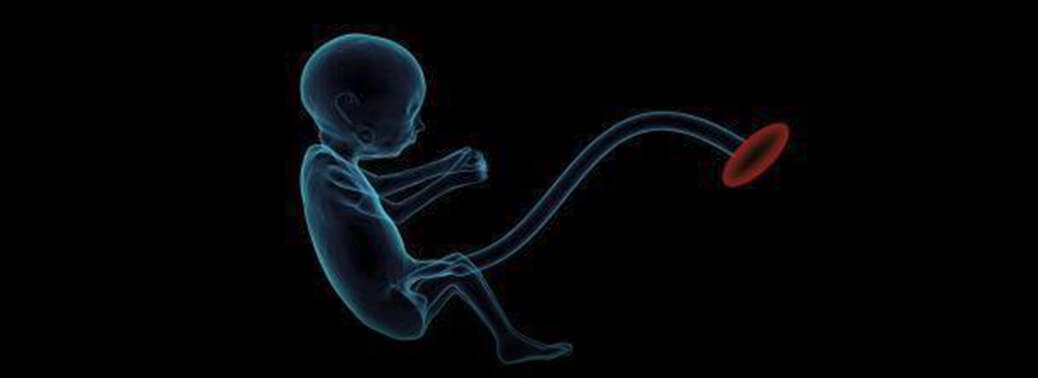CHINA DRAWS UP TIGHTER RULES ON HUMAN GENE AND EMBRYO TRIALS
22, Apr 2019

Prelims level : Science & Technology
Mains level : GS-III Technology, Economic Development, Bio diversity, Environment, Security and Disaster Management
Why in News
- Medical and human tests would face closer scrutiny and stricter requirements
Details:
- China’s top legislature will consider tougher rules on research involving human genes and embryos, the first such move since a Chinese scientist sparked controversy last year by announcing he had made the world’s first “gene-edited” babies.
- He Jiankui, associate professor at Southern University
- of Science and Technology in Shenzhen, attracted condemnation from the global scientific community when he said he had used a technology known as CRISPR-Cas9 to alter the embryonic genes of twin girls born in November.
- Chinese authorities launched an investigation into Mr. He’s work and said they had halted the kind of research he was undertaking. Under the draft laws sent to China’s legislature for review on Saturday, medical and human trials would face closer scrutiny and stricter requirements, such as ensuring human subjects are properly briefed, State media outlet Xinhua reported. The rules would also require all future trials to be approved by administrative authorities as well as ethical committees, it said. The report did not specify a timeline for the approval of the regulations, or make specific mention of Mr. He’s research. In videos posted online and at the November 2018 conference, where Mr. He made his controversial presentation, the Chinese scientist said that he believed his gene editing would help protect the girls from infection with HIV, the virus that causes AIDS.
- Chinese authorities and institutions, as well as hundreds of international scientists, condemned him and said any application of gene editing on human embryos for reproductive purposes was against the law and medical ethics of China.
Gene editing
- Gene editing or genome editing is a way of making specific changes to the DNA of a cell or organism. An enzyme cuts the DNA at a specific sequence, and when this is repaired by the cell a change or ‘edit’ is made to the sequence.
What is CRISPR-Cas9?
- CRISPR is a dynamic versatile tool that allows us to target nearly any genomic location and potentially repair broken genes. It can remove, add or alter specific DNA sequences in the genome of higher organisms. CRISPR (Clustered Regularly Interspaced Short Palindromic Repeats) are sections of DNA and are sections of genetic code containing short repetitions of base sequences followed by spacer DNA segments.
- CAS-9 (CRISPR-associated protein 9) is an enzyme. It uses a synthetic guide RNA to introduce a double strand break at a specific location within a strand of DNA. It is a system used by bacterial cells to recognize and destroy viral DNA as a form of adaptive immunity.






